Leadership team
Professor Lindsay Stringer MBE
Director
Lindsay Stringer is Professor in Environment and Development in the Department of Environment and Geography at the University of York.
She is a Philip Leverhulme Prize winner and held a Wolfson Research Merit Award from the Royal Society. She has authored several global environmental assessments including the Intergovernmental science-policy Platform on Biodiversity and Ecosystem Services (IPBES) Africa Regional Assessment, the IPBES Land Degradation and Restoration Assessment, the Intergovernmental Panel on Climate Change (IPCC) Special Report on Climate Change and Land, and the IPCC 6th Assessment Report (Working Group II).
Lindsay's research is interdisciplinary and focuses on understanding the links between environmental change and livelihoods; science, policy and environmental governance and the practical and policy actions that can advance sustainable development. She has worked in a variety of environments in all continents, from drylands to mountains, coasts and forests to develop solutions for sustainability challenges facing land, water, food and energy systems.
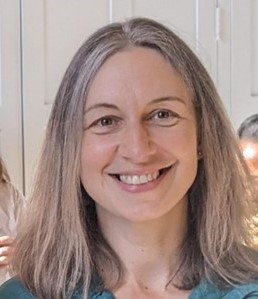
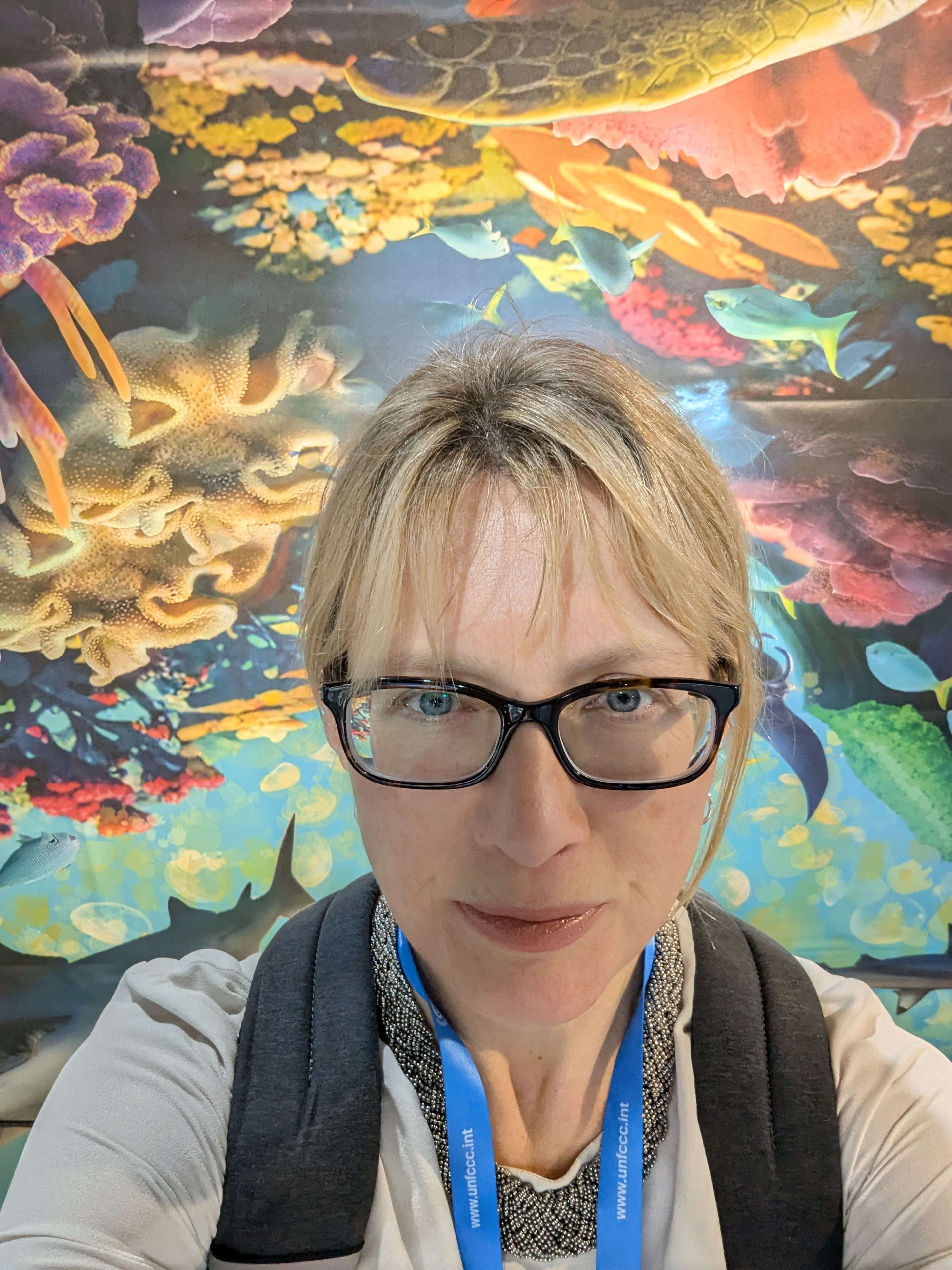
Professor Kathryn Arnold
Food, Water & Waste Research Theme Co-Lead
Kathryn Arnold is a Professor in the Department of Environment and Geography with over 20 years experience working at the intersection of science, policy and regulation. An ecologist by training, her research spans Food, Water, and Waste, with a focus on how wildlife and ecosystems respond to human impacts. Her recent work includes managing marine and freshwater organisms affected by environmental change, studying chemical contaminants in water, and applying a One Health approach to Antimicrobial Resistance (AMR) research.
Kathryn has also collaborated with social scientists to apply ecological theories to human behaviour, including pub customer dynamics. Since 2009, she has balanced part-time work with family care, producing over 80 high-quality publications in international journals.
From 2018-2020, Kathryn gained policy experience at Defra, leading a team on single-use plastics, the circular economy, and Brexit planning. She is passionate about supporting postgraduate and early career researchers, leading the £4M+ Yorkshire Consortium for Equity in Doctoral Education (YCEDE), which has significantly advanced ethnic diversity and inclusion in PhD recruitment. As Dean of York Graduate Research School (2020-2024), she implemented reforms that increased diversity among York’s PhD students.
Kathryn's research on equity and diversity includes projects on the intersection of gender and caregiving in PGR progression and developing an anti-racist toolkit for universities.
Dr Liz Rylott
Food, Water & Waste Research Theme Co-Lead
Liz Rylott is a Senior Lecturer in the Department of Biology, University of York. Her research is focused on developing plants to remediate pollution and recover value from waste.
Liz leads research programmes using syn-bio techniques to investigate xenobiotic detoxification routes in biological systems. Target pollutants include metals, pharmaceuticals and explosives. Through her research on metal recovery, Liz has worked with a number of stakeholder groups in the Waste sector, and is an active member of The Elements of Bioremediation, Biomanufacturing and Bioenergy Metals in Biology network.
Liz has worked with a variety of formats: radio, digital, comics, in-person, to successfully engage a broad range of stakeholders with her research.
Twitter: @LizRylott
.jpg)
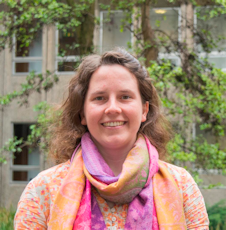
Dr Judith Krauss
Resilient Socio-Ecological Systems Research Theme Co-Lead
Judith Krauss is a lecturer in the Department of Politics and International Relations. With diverse colleagues from different contexts and disciplines, her research focuses on global value chains, conservation and the Sustainable Development Goals in terms of how environmental concerns such as protecting nature intersect with economic questions on who benefits, and socio-political issues such as decoloniality and justice.
Judith is an associate editor for the Journal of Political Ecology, a volunteer-based, diamond open-access publication. She is passionate about making research accessible to the wider public e.g. through games such as the 'Cocoa Sustainability Challenge' and research storytelling. She loves learning with students about the intersections between global development, inequalities and sustainability, e.g. as programme lead for the interdisciplinary BA Global Development and ESAY's Sustainability Clinic.
Professor Rob Marchant
Resilient Socio-ecological Systems Research Theme Co-Lead
Rob Marchant is a Professor in the Department of Environment and Geography. His research interests focus on ecosystems and how they change. In particular, Rob uses palaeoecology, vegetation modelling, archaeological, biogeographical and ecological data to determine the role of past events in shaping the present day composition and distribution of tropical ecosystems. His research on social ecosystem interactions at a wide range of timescales, and developing tools to understand and navigate potential sociological futures, has resulted in over 400 publications, including books and contributions into IPBES and IPCC chapters.
Rob has a particular passion for understanding mountain ecosystem transitions across Eastern Africa and using this understanding to craft more sustainable and resilient futures. Through his work, Rob strives to enhance opportunity, build collaborations, innovations and impact to support development agenda and to deal with the challenges around changing climate and their impact on mountain ecosystems and societies. Rob makes the link between science and policy and continues to look at ways where insights from his work can be applied, most recently contributing to a Intergovernmental Task force on Land Use planning in Kenya.
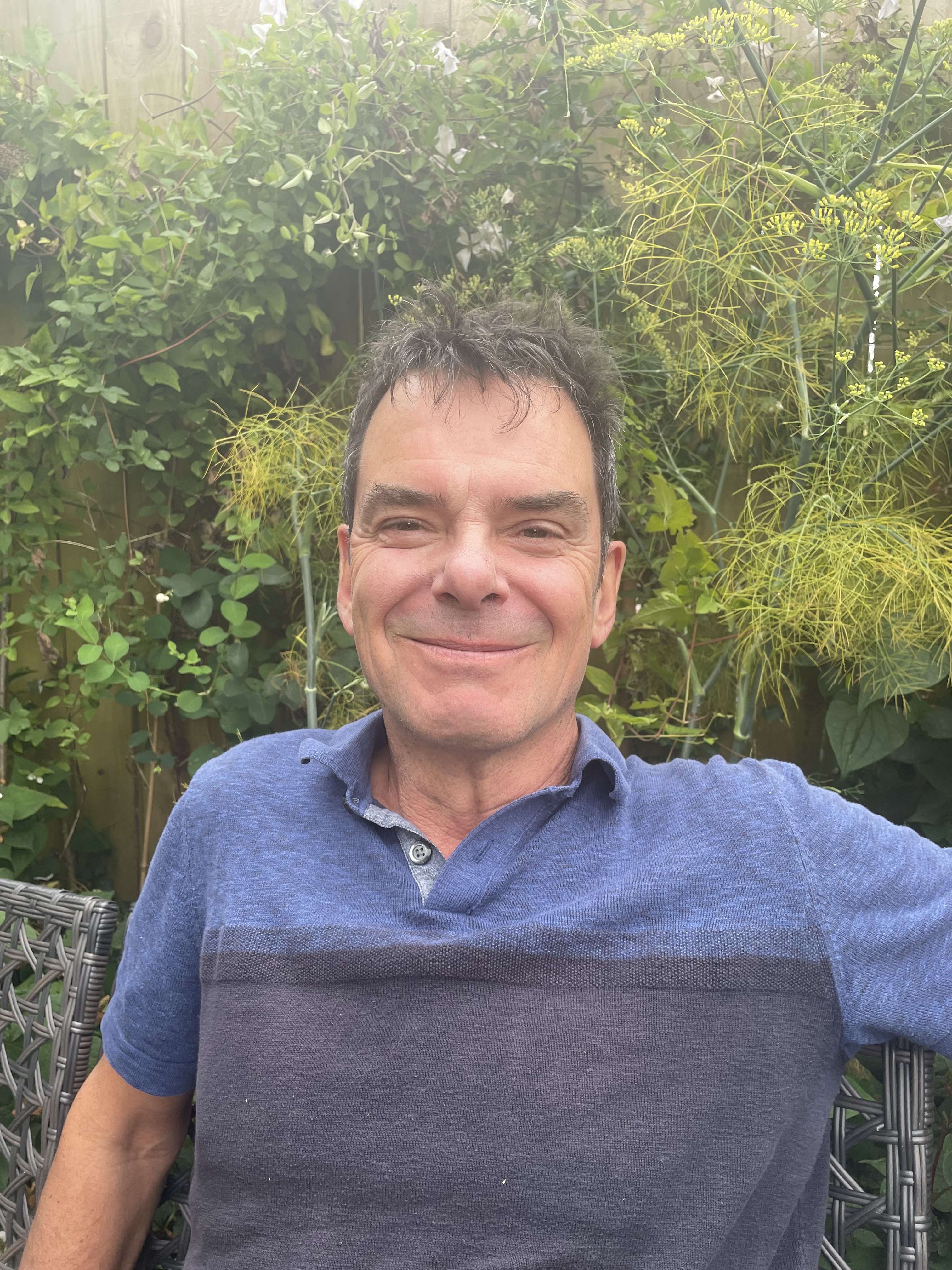
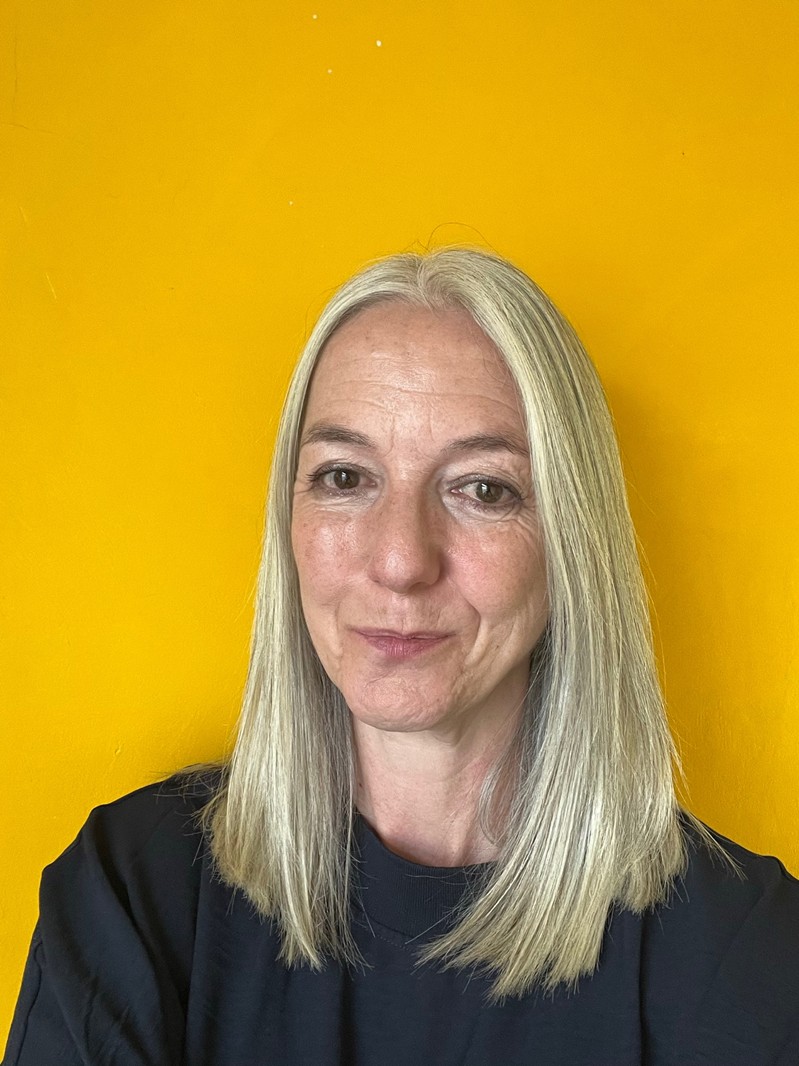
Dr Sabine Clarke
Environment, Climate and Health Research Theme Co-Lead
Sabine Clarke is Senior Lecturer in Modern History in the History Department. She is a historian of science, technology and medicine in Britain and the British empire with a focus on the history of development and British science policy.
Her current Wellcome Trust-funded project, “The Chemical Empire” looks at the history of synthetic insecticides as pest control agents in Britain, the Caribbean and Africa, including past efforts to control locusts, mosquitoes, tsetse fly and pests of stored products. This project pays close attention to the pesticide experiences of a range of communities in the Global South and seeks to understand the health and environmental consequences of pesticide use between 1914 and 1965, and the legacies of this. It applies a methodology that focusses on reconstructing “use” and “users” in order to understand the connection between chemicals, machinery, knowledge and harm. Sabine’s work is providing the first in-depth exploration of the way that harms were produced across a range of locations and activities, and the way that Britain approached the risks associated with insecticides in the post war period.
Sabine is a keen advocate of interdisciplinary work and has a track record of engagement with policy makers and the public. She was one of the authors of the first volume in the British Academy’s Policy Histories, and has appeared on the World Service speaking about Rachel Carson.
Dr Katherine Brookfield
Environment, Climate and Health Research Theme Co-Lead
Katherine Brookfield is a Senior Lecturer in the Department of Environment and Geography at the University of York. At the core of Katherine's research is an exploration of the relationships between people and their environment. Her work spans various contexts, delving into the intricate dynamics of urban design, housing market influences, and the production and impacts of systems of spatial regulation.
Katherine’s research often addresses issues of quality of life, examining the multitude of factors that can either enhance or impede a 'good' quality of life. Her portfolio encompasses studies on aids and barriers to social and political participation, age-friendly housing and built environments, supportive settings for stroke survivors, and the social, economic, and environmental outcomes of planning policy and economic development strategies.
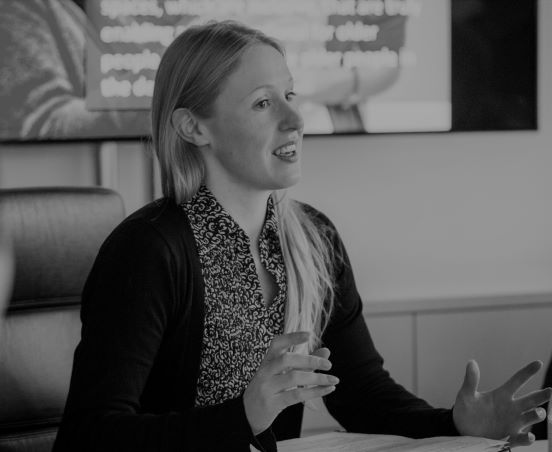
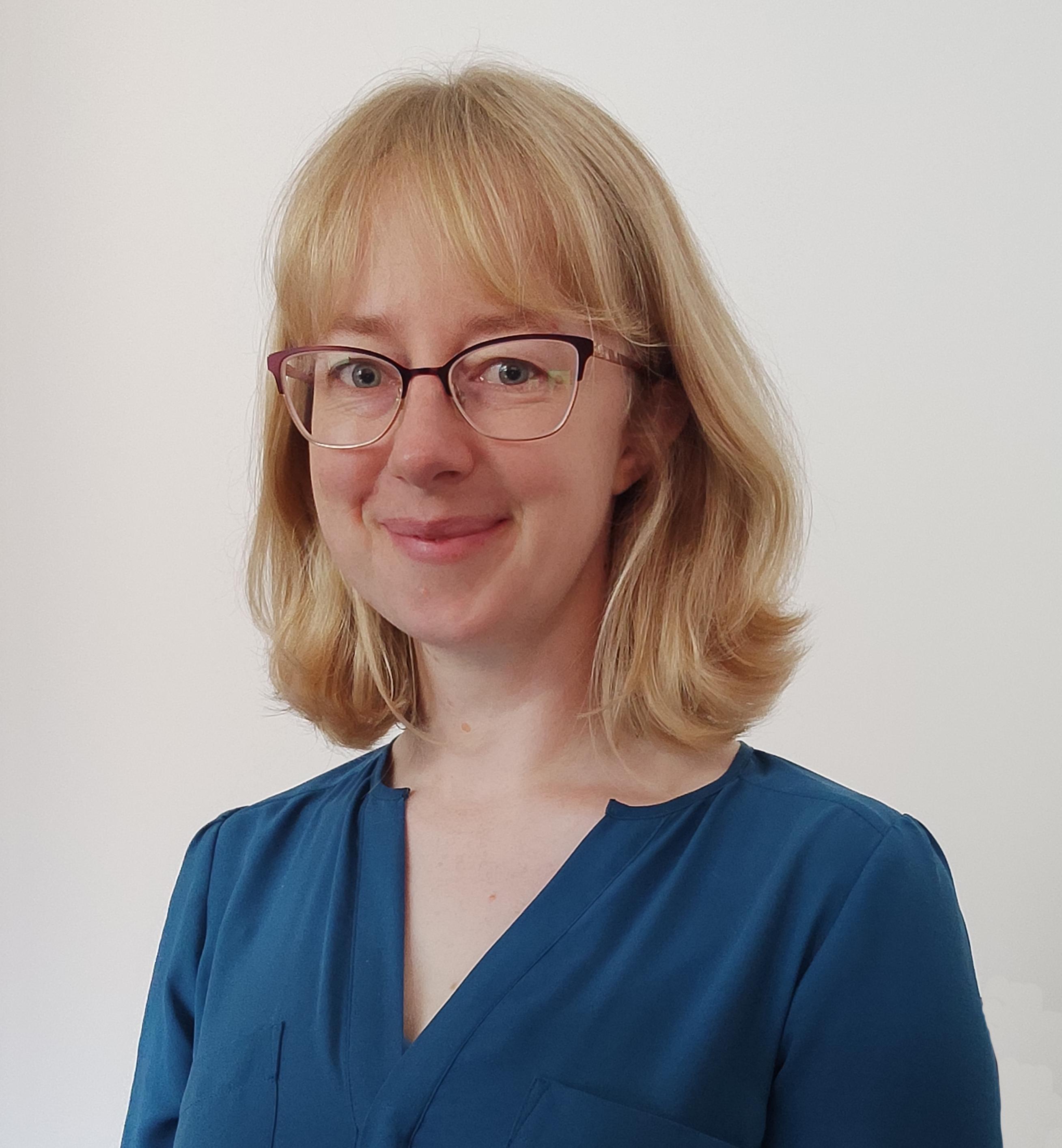
Dr Robyn Cooper Inglis
Research Development Manager (Environment and Bioscience), Research Development Team
Responsible for supporting research development via bringing together groups to develop ideas, advising on funding sources, building research consortia of internal and external partners, and managing proposal submission processes.
Tel: +44 (0)1904 328396
Email: robyn.inglis
